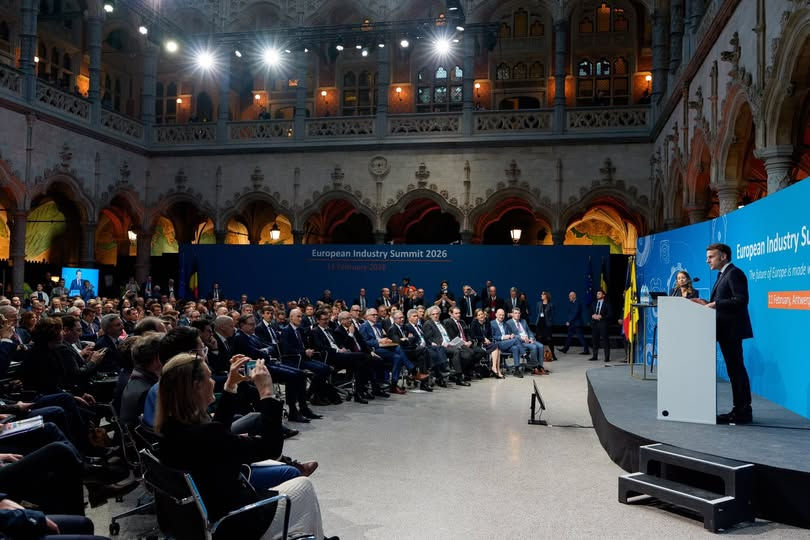India and the Philippines: A New Chapter in Strategic and People-to-People Relations
- Jatinder Singh

- May 29, 2025
- 3 min read
Jatinder Singh, JadeTimes Staff
Jatinder Singh is a Jadetimes news reporter covering tourism and political news.

In a significant leap toward stronger bilateral relations, India and the Philippines have deepened their strategic partnership following the landmark BrahMos missile system deal and the recent announcement by the Philippine government to grant visa-on-arrival to Indian citizens for up to 14 days.
This move symbolizes not just diplomatic trust, but a wider vision for mutual growth, cooperation, and people-to-people exchange.
The BrahMos Deal: A Milestone in Defense Cooperation
Earlier this year, the Philippines became the first foreign buyer of the BrahMos supersonic cruise missile system developed jointly by India and Russia. The deal, valued at over $375 million, includes:
Supply of shore-based anti-ship BrahMos systems,
Training of Philippine defense personnel,
Maintenance and logistical support from India.
This strategic purchase strengthens the Philippines’ maritime defense in the South China Sea and reflects deep trust in India’s indigenous defense technology.
For India, this is not just an arms export—it's a strong defense diplomacy success, helping expand influence in the Indo-Pacific region, and aligning with India’s Act East Policy.
Visa-on-Arrival for Indians: A Game-Changer for Tourism
In a landmark policy shift, the Philippines has now introduced a 14-day visa-on-arrival for Indian tourists. Previously, the process for Indians to visit the Philippines involved lengthy paperwork, embassy visits, and uncertain timelines.
Now, Indian citizens can:
Arrive at designated international airports in the Philippines,
Get a 14-day tourist visa on the spot,
Extend it only through the proper embassy channel if they wish to stay longer.
Basic Conditions:
Must show proof of return ticket.
Confirmed hotel booking or accommodation.
Financial proof for the duration of the stay.
Impact on Tourism and Business
This decision opens doors to stronger people-to-people ties and economic collaboration. Here's how:
Tourism Boost
The Philippines, known for its stunning beaches, islands, and cultural sites (like Boracay, Palawan, Cebu), will now be more accessible to Indian travelers—especially honeymooners and adventure seekers.
2. Medical and Educational Tourism
Indian students and patients often travel to Southeast Asia for affordable education and healthcare. This visa relaxation can stimulate short-term medical and academic visits.
3. Bilateral Business Ties
Easier travel means more frequent exchanges between business leaders, entrepreneurs, and investors, strengthening the trade ecosystem between the two nations.
Strategic Importance in the Indo-Pacific
The closer India-Philippines ties also reflect changing geopolitical dynamics:
The Philippines, under President Ferdinand Marcos Jr., is asserting more independence in foreign policy.
The move also counters increasing aggression in the South China Sea, with both India and the Philippines supporting freedom of navigation and international maritime laws.
This alignment enhances regional stability and positions India as a trusted strategic partner in Southeast Asia.
Voices of Support
Indian diplomats and Filipino officials have praised the new visa policy and defense deal as “a new era of collaboration.” Travel and tourism companies are gearing up to promote the Philippines as a top new destination for Indian travelers in 2025 and beyond.
More Than Just Missiles and Visas
The recent developments between India and the Philippines mark a turning point in their bilateral journey. From defense cooperation through the BrahMos deal to enhancing people-to-people contact with a simplified visa policy, the relationship is expanding in depth, trust, and opportunity.
This is more than diplomacy—it’s a vision of shared prosperity, security, and cultural exchange. As the Indo-Pacific region continues to evolve, the India-Philippines friendship will likely play a pivotal role in shaping its future.








































Comments